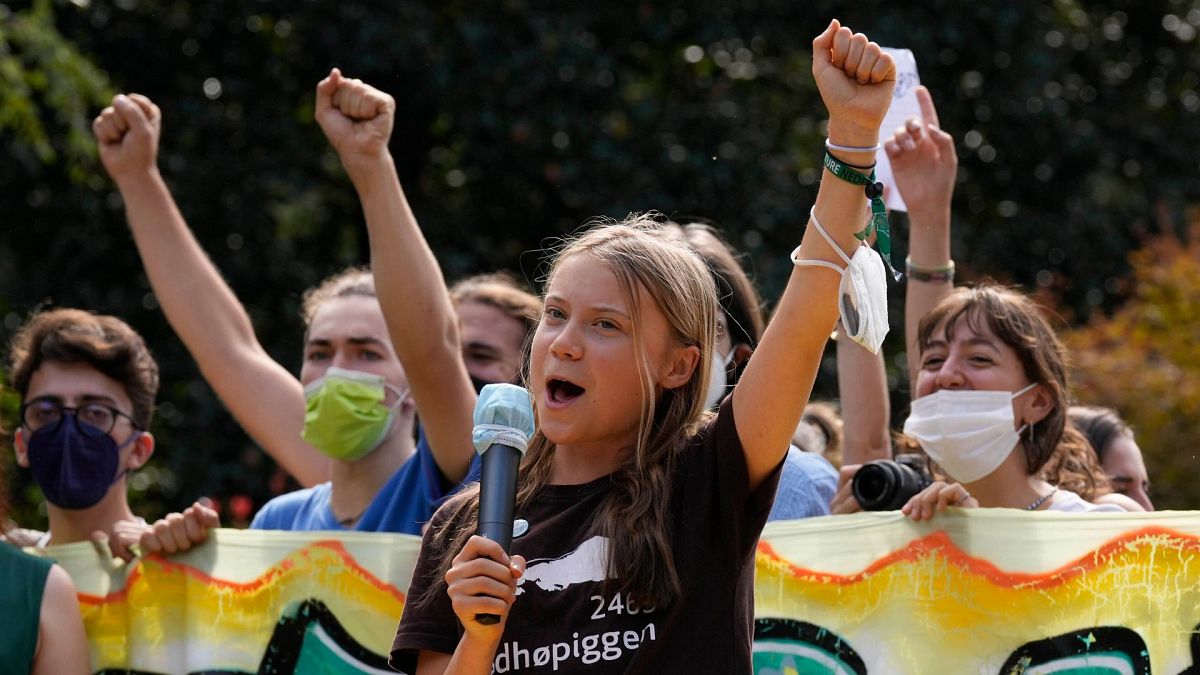'Collective action can have a direct effect on society’, study on climate strikes shows.
Almost a third of Swiss people changed their daily habits as a result of Greta Thunberg’s Fridays for Future climate strikes, new research has found.
Last month, the global youth movement - which sees schoolchildren strike to demand action on climate change - celebrated its fifth anniversary.
Now, a study by the Swiss Federal Institute of Technology Lausanne (EPFL) has examined the wider impact of these strikes on people’s environmental choices.
Some 30 per cent of Swiss residents surveyed said they had made changes to their transportation, buying and recycling habits in the wake of the protests.
What is Fridays for Future?
Greta Thunberg began her ‘school strike for climate’ in summer 2018, skipping school to demand political action on the climate crisis.
By the following year, it had snowballed into a global movement involving some 4 million students in 150 countries.
In June, Greta graduated, marking the end of her school protest days. But the young activist’s legacy lives on, with hundreds of strikes scheduled each Friday around the globe.
How have Greta’s school strikes impacted Swiss citizens?
To examine the wider impact of the school climate strikes, EPFL researchers surveyed Swiss residents in the wake of the protests in October and November 2019.
Over 1,200 people aged 18 to 74, who did not take part in the strikes, answered questions on their environmental habits before and following the protests.
The results, published this week, show the majority of participants looked favourably on both Greta and Fridays for Future. And, for 30 per cent of them, this translated into concrete action.
“Our findings showed that people have become more aware of how their behaviour affects the environment and that significant shifts are under way at an individual level,” says Livia Fritz, a researcher and the study’s lead author.
How did Swiss residents change their habits after the school climate strikes?
Respondents said they made the biggest changes in three areas: transportation, purchasing habits and recycling.
Changes in transport habits included looking for alternatives to driving to work, such as walking or cycling, and avoiding flying by choosing holiday destinations closer to home.
Survey participants also reported seeking out local, organic produce, eating more vegetarian meals, and making a bigger effort to reduce plastic waste following the climate protests.
“Our study found that this type of civic engagement through collective action can have a direct effect on society, confirming that such action is warranted,” says Livia.
“We also saw that changes made at the individual level can lead to broader societal change provided they’re supported by political action at the same time.”



